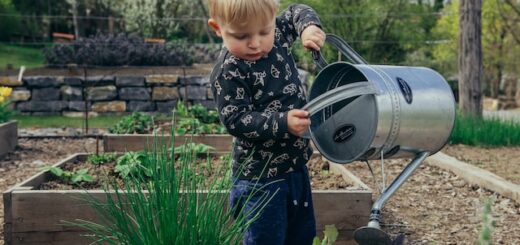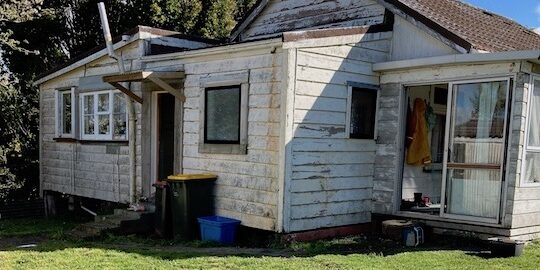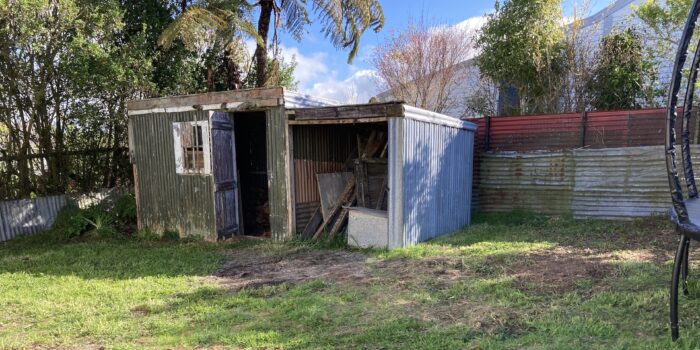#1 Reason Why You Should Invest For Your Kids
All parents want the best for their children, but thinking about your children’s future money matters might not be on the top of your mind. This is why I wanted to share why you should invest for your kids.
Kids will be alright, or will they?
Growing up, my parents didn’t teach me anything about money.
I highly doubt that their parents taught them anything either.
So it is completely normal to not think about how to teach your kids about money. It is just something that life will teach you as you go along, right?
Well, life will teach, but you could teach better. You just might have to teach yourself first!
As I mentioned in my post about generational wealth, one of the best things you can do for your children (after all the basics like love, shelter, food etc.) is to teach them to be financially literate.
It will help them with their goals in life (whether it is to purchase their own house or an overseas experience) and live with less financial stress.
While teaching your children about money is very important in order for them to navigate through life, you might want to help them with some sums of money throughout.
These sums of money could be for education, deposit for a home, or maybe a wedding.
But is it better to use a savings account or invest for these goals?

Why savings account might not be the best place if you are saving for your kids
Saving accounts may seem safer than investing, and it is what everyone knows. It is easy and requires no thinking.
But there is one big risk when it comes to savings accounts, and that is the inflation risk.
Now inflation has been a hot topic pretty much all of 2022. And no wonder since it hit a 32-year high a few months back.
While the forces behind inflation are pretty complex, the concept itself is fairly simple.
Inflation is the rate at which things go up in price over time.
Or on the flip side it is the rate at which your money loses value.
What that means is that you can get more groceries for $100 today than you can get next year, for example. This has been quite obvious with the big increases in grocery prices.
It is very noticeable that $100 will buy you less now than it did year ago.
But how does this relate to saving for your kids?
Well, it relates to the fact that money loses value over time. In order for your money to not lose value, you would need to earn a return higher than the inflation rate.
(Return here would be the interest rate on your savings account.)
For example, the highest interest rate I have on a savings account is 2.90%. That’s pretty low compared to 7.30%!
So even though the interest rate on my savings is 2.90%, my money is losing value at the faster rate of 7.30%.
So, while savings accounts seem risk free, they do bare the risk of your money losing value, and it can be quite significant over a longer period time.
IMPORTANT! It is crucial to note though that if you need your money within the next 1-3 years, savings account is always safer place for your money than investing!

Why you should invest for your kids instead
Investing is regarded a better place for long term savings because the average returns are usually high enough to grow your money despite inflation, or at least keep it from losing value.
There are some varying numbers around the internet on what the average return on the sharemarket is, but the most sources place it between 7%-10% per year.
Now those numbers are looking much better when compared to inflation!
And since usually the target for the inflation rate is around 2%, the returns on the sharemarket look even better.
This means that despite the fact that money loses value over time, if you have invested your money, it is more than likely to keep growing, or at least hold its value.
Now, if that is not convincing enough, here is my #1 reason why you should invest for your kids instead of using a savings account:
The compound effect.
The compound effect might sound like a mouthful, but it simply means that as you keep your money invested (or on a savings account), the interest that you earn, will earn interest as well.
Maybe you are more confused than you were before, but bear with me.
Let’s say you deposit $1000 into a savings account that has 2.9% per year.
After the first year you have $1029, meaning you earned $29 in interest.
After the second year you have $1058.80, meaning you earned $29.80 in interest, which is 80cents more than the first year.
The interest amount you receive will keep growing over time and become quite a powerful effect.
We’ll look at a couple more calculations to see why investing in something with higher returns is better than a savings account in the long term:
If you were to deposit $1000 into a savings account with 2.9% interest rate per year, after 18 years you would have $1672.90. So without you adding any more money into it, you made $672.90.
(The assumption is that the interest rate will stay the same for the 18 years.)
If you were to invest that $1000 and get an average return of 7% over those 18 years, you would have $3379.90. So you made $2379.90 without adding any more money into it yourself.
(This is ignoring possible dividends.)
What if you were able to put $1000 aside every year for 18 years? On a 2.9% savings account that would become $23,877.30, if investing with the average return of 7%, it would become $36,379.
Now that is a nice sum to put towards your kid’s first property purchase!
But maybe $1000/year sounds like too much for you. It could be any amount really, depending on what your goal is.
For me, when talking about bigger sums, I find it easier to put them into perspective when they are broken down to weekly amounts.
$1000/year is $83.33/month, or $20.83/week.
Just imagine, by putting about $20 per week aside for your kid from birth you could have $30,000 by the time they are 18.
That’s pretty powerful, and why you should invest for your kids.
Are you investing for your kids, and if yes, how? I would love to hear in the comments!
PS. As mentioned above, investing in shares does not come without risk. In general, only money you do not need for the next 10 or so years should be invested them. Here you can find an explanation on why.







